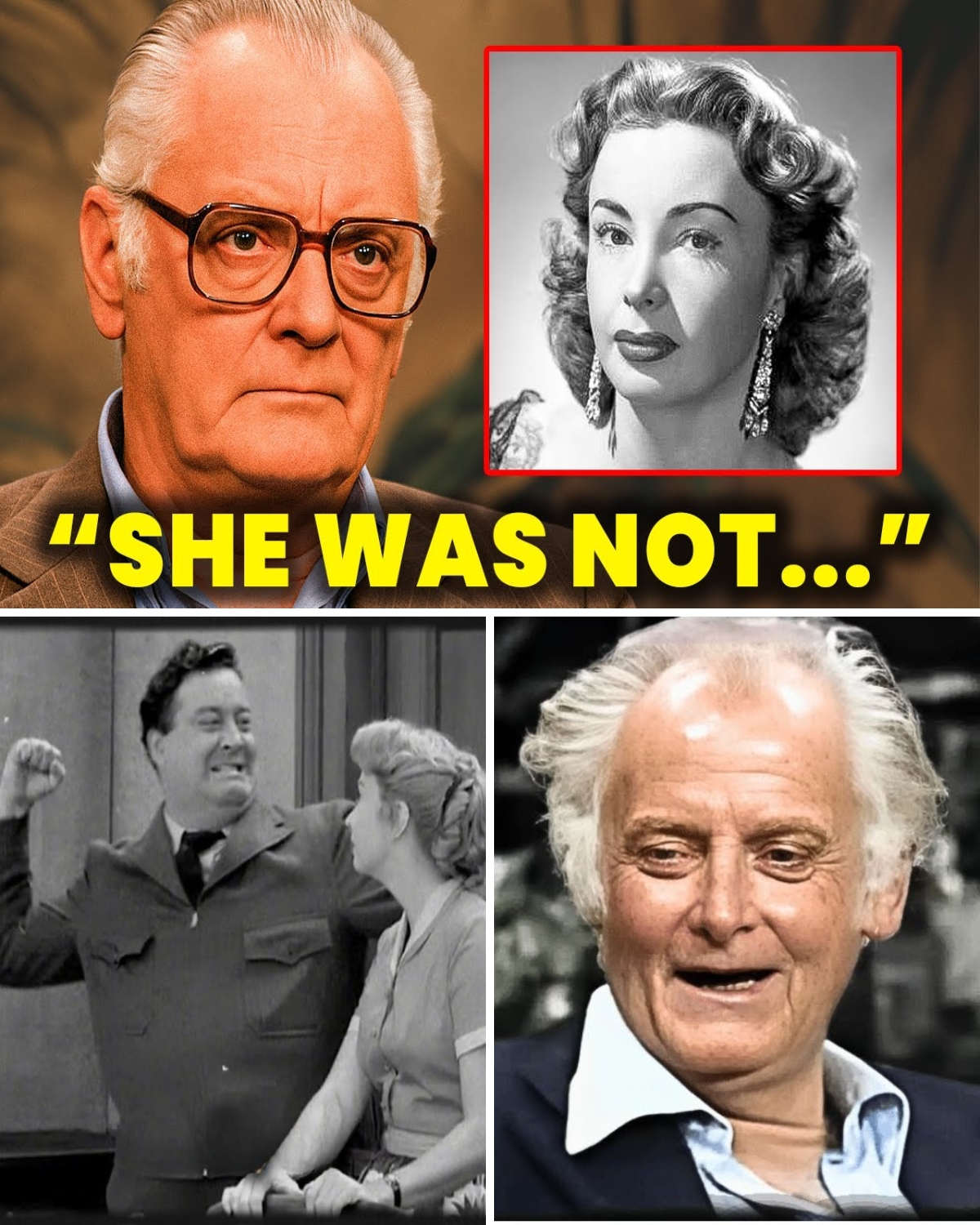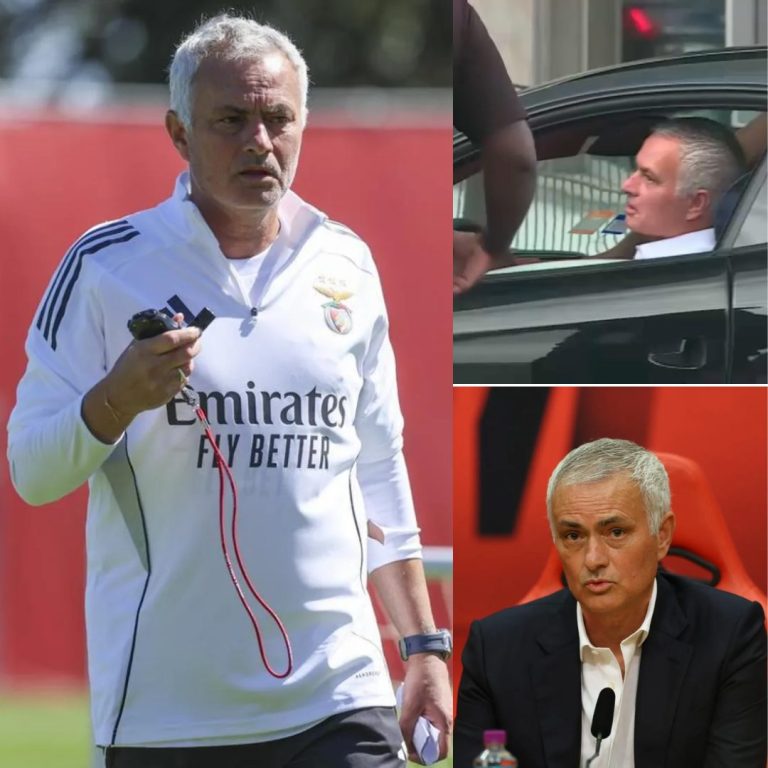In a revelation that has stunned classic television fans and reignited decades-old speculation, the silent rift between Art Carney and Audrey Meadows—two beloved stars of The Honeymooners—has finally been brought into sharper focus. For years, audiences adored their onscreen chemistry, assuming it reflected a bond that extended beyond the cameras. But once the iconic sitcom faded into history, Carney, who embodied the unforgettable Ed Norton, made a quiet but decisive break. He refused to speak with Meadows again, vanishing into an impenetrable silence that endured until the end of their lives. The reasons, long shrouded in rumor and mystery, reveal a story far more complicated than anyone dared imagine.

When The Honeymooners premiered in 1955, it was lightning in a bottle. Jackie Gleason’s vision for a working-class comedy struck a nerve across America, and the ensemble cast—Meadows as the razor-sharp Alice, Carney as the bumbling yet lovable Ed Norton, and Gleason himself as Ralph Kramden—formed a trio that seemed larger than life. Their timing was impeccable, their chemistry effortless. The series, though short-lived in its original run, became an enduring cultural touchstone, endlessly syndicated and etched into television history.
But behind the curtain, reality was starkly different. Carney, despite his reputation as a brilliant comedic actor, was intensely private, retreating from the camaraderie that defined the set. Where Gleason and Meadows thrived in the spotlight—quick with quips, stories, and public appearances—Carney preferred solitude, slipping away as soon as the cameras stopped rolling. His colleagues often described him as gentle and courteous, but distant, as if some invisible wall kept him apart from those around him.
That distance grew more pronounced as the years passed. While Gleason and Meadows reunited for tributes and nostalgia specials, Carney was conspicuously absent. His refusal to participate puzzled both fans and industry insiders. By the 1970s, when nostalgia for television’s golden age surged, Carney not only declined appearances but actively distanced himself from The Honeymooners. Even when Meadows passed away in 1996, many expected Carney to break his silence with a public remembrance. Instead, he said nothing, an omission that deepened the mystery and wounded longtime fans who had hoped for closure.
The reasons for Carney’s silence have only come into focus through the fragments of stories shared by friends, colleagues, and biographers. Behind the affable exterior, Carney struggled with anxiety and alcoholism, battles that often left him drained and withdrawn. The relentless pressure of live television—combined with Gleason’s notoriously exacting, sometimes tyrannical leadership—took a toll on him. Tensions reportedly flared in subtle ways with Meadows as well. While not overtly hostile, their professional dynamic may have carried a quiet undercurrent of competition. Meadows, articulate and forthright, often spoke warmly about the show’s legacy, but Carney bristled at the expectation to relive a period of his life that had been as painful as it was celebrated.
In the rare interviews Carney granted, he skirted around questions about his co-stars. When pressed, he gave vague answers, never indulging in sentimentality or nostalgia. It was as though The Honeymooners—for all its laughter and acclaim—was a chapter he had locked away, a part of his history he refused to revisit. Instead, he focused on his craft, eventually reinventing himself with roles that highlighted his dramatic talent, culminating in his Academy Award win for Harry and Tonto in 1975. Even then, however, the shadow of Norton lingered, a role that fans cherished but one Carney seemed determined to escape.

Audrey Meadows, for her part, never publicly condemned Carney’s distance. In fact, in a bittersweet reflection late in life, she admitted she still hoped to speak with him again. Her words hinted at an understanding—an acknowledgment that Carney’s silence was less about animosity toward her and more about the personal demons he carried. To her, their bond, though strained and unspoken, remained real. Yet the silence held, unbroken, until death sealed it forever.
Today, that silence has become part of the show’s legacy, a haunting contrast to the joy and laughter The Honeymooners brought to millions. Fans continue to marvel at how two performers who seemed inseparable onscreen could remain estranged for decades. The unanswered questions linger like an unfinished script: Was Carney’s retreat an act of self-preservation? A response to unresolved tensions? Or simply the choice of a man who had given enough of himself to the world and wanted the rest kept private?
What endures is a paradox. The Honeymooners remains a timeless monument to comedy, yet the silence between Art Carney and Audrey Meadows is a reminder of the hidden costs of fame, the fragility of human connection, and the mysteries that even the brightest spotlight cannot illuminate. For every line that made audiences laugh, there were unspoken words behind the curtain—words that never came, and now never will.






